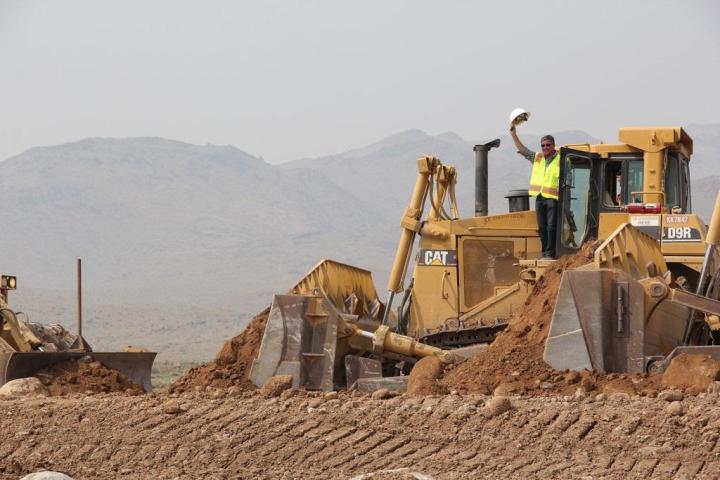
This newest addition to the Tahoe-Reno Industrial Center will include a 125,000 square foot recycling plant. The company expects to begin production in the second quarter of 2016. Aqua Metals is aiming to hit an output of 80 metric tons of lead by fourth quarter 2016, their maximum output.
This isn’t your grandfather’s lead recycler. AquaRefining is a modular electrochemical process designed to produce ultra-pure lead from used lead-acid batteries. The clean, trademarked method produces almost no emissions and consumes less total energy, therefore making it more cost-effective than traditional lead smelting. The AquaRefining tech was created to improve the refining process, reducing costs and toxic waste produced during conventional lead-acid battery recycling. The concept means a better product with a higher lead yield, and all that done with a smelting plant that is less expensive to build than a conventional facility and less harmful to the environment.
Dr. Clarke said, “This next step toward commercial operations is an important milestone in our mission to build an environmentally sustainable lead recycling company and we believe we have chosen an ideal location.”
Aqua Metal’s AquaRefinery joins Tesla Motors’ new gigafactory, as well as Switch’s three million square-foot Supernap colocation data operation at the Tahoe-Reno Industrial Center. The gigafactory is projected to employ 6,500 people and produce around 500,000 battery packs for their Tesla’s electric cars. The site will eventually support an increase of Tesla Energy’s line of storage batteries for home and business. Switch’s Supersnap will be a part of the company’s superloop system for those living and working within the cirucumference of Reno, San Francisco, Las Vegas, and Los Angeles .


